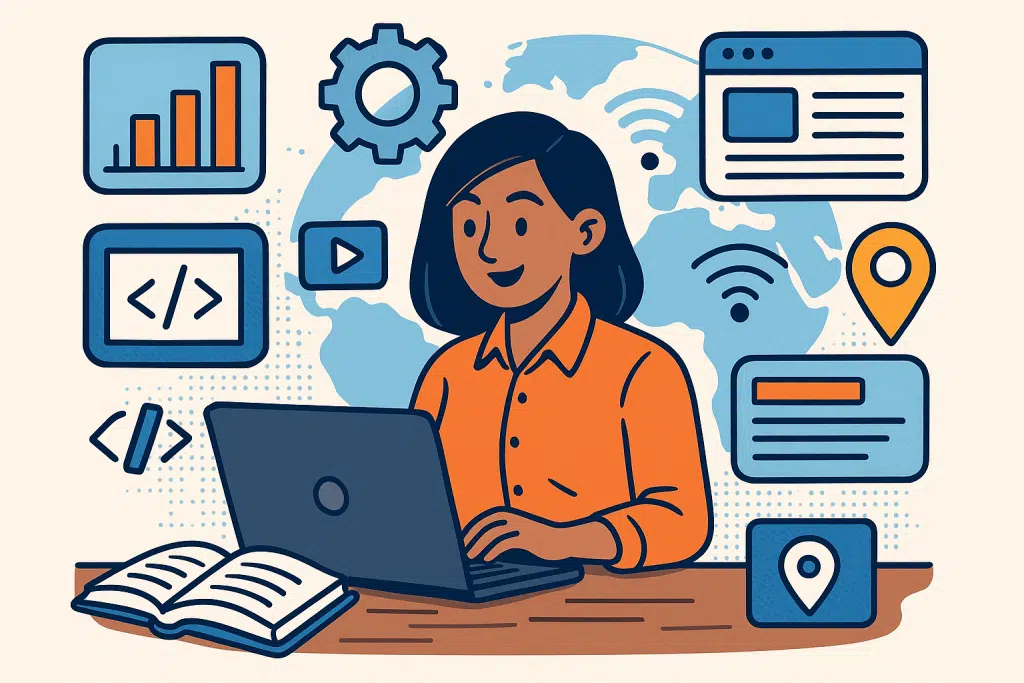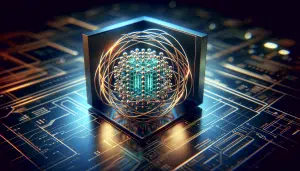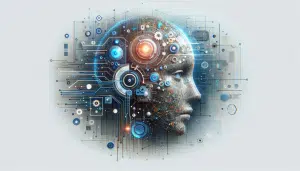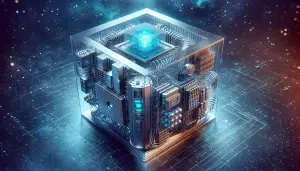Why Digital Literacy Is Essential for Today’s Workforce
Ethan Harris August 14, 2025
Let me tell you why digital literacy—and more specifically, being fluent in digital tools like AI—has become the secret sauce for anyone who wants to, you know, actually thrive at work instead of just survive.
Imagine someone in a meeting gasping when you don’t bring AI‑powered insights to the table. That’s not sci‑fi. That’s 2025 reality.

What’s the deal with digital literacy?
At its core, it’s not just about typing or sending Slack emojis. It’s the ability to find, evaluate, create, and communicate using digital tech—with ethics, privacy, and efficiency in mind. According to Potomac University, it’s about protecting your privacy, critically analyzing info, communicating effectively—basically being a human who can handle the digital world without face‑planting.
Across the workforce, this is table stakes. The U.S. Workforce Innovation and Opportunity Act sees digital literacy as a prep activity for work. Simply put, most modern jobs expect you to rock digital competence—otherwise you’re toast.
A European labor market study? If you’re digitally literate, you’re more likely to get a job. No, this isn’t rocket science—it’s just how the digital world works these days.
1. The emerging trend: AI Fluency = Digital Literacy Level Up
Let’s zoom in on the new buzzword everyone’s drooling over: AI fluency—and why it’s no longer optional.
a) AI tools everywhere… like, literally
McKinsey’s 2025 workplace report calls out that the real game‑changer isn’t just using AI—it’s how we support people, shape processes, and govern how AI gets used. Workers are more on board with AI than leaders think.
Another trend: prompt engineering. Once niche, now mainstream. The ability to craft effective prompts—knowing how to ask AI the right question—is quickly becoming a must‑have skill.
b) Tech execs say creativity + generalist grosses over specialist
Business Insider asked tech leaders about the skills that matter. Spoiler: they want thinkers who can do more than one thing—instead of being predictable file‑sharers. Creative thinking, using AI tools skillfully (prompting, context awareness, orchestrating workflows)—that’s the currency now.
c) The global shift: jobs being redefined
The World Economic Forum says the fastest-growing skills from 2025 to 2030 include tech literacy, AI, big data, cybersecurity, plus soft qualities like adaptability, creativity, lifelong learning.
In Australia, Jobs and Skills Australia warns admin, marketing, programming jobs are vulnerable to AI disruption—and urges everyone to build digital fluency plus critical thinking and adaptability.
So yeah, being a human who can boss AI—creatively and ethically—is the new basic.
2. Why this matters—like, a lot
Let me break down why this trend is shaking up work, opportunity, and, dare I say, sanity.
a) Job survival and evolution
Per the World Economic Forum, by 2025, 85 million jobs may vanish but 97 million new ones will pop up requiring advanced digital skills.
And the sustainability sector? Reuters says execs are freaking out over the digital skills gap—especially AI skills combined with domain knowledge. Over two-thirds of execs see a moderate-to-extreme gap.
b) Closing inequalities, opening doors
In Australia, women—and other marginalized groups—see a pathway through programs like Deloitte’s Digital Career Compass, giving tech training, confidence, and certification.
Meanwhile, marginalized workers (like Scott Moore, a visually impaired engineer) often hit roadblocks, but targeted bootcamps and initiatives from IBM, Microsoft, etc., are helping fill gaps.
c) Efficiency + productivity for real
Workers with at least one digital skill earn 23% more; with three skills they make 45% more. Data doesn’t lie.
Digital literacy means you can navigate platforms, be adaptable, and communicate better—which is the difference between being a cog or a contributor.
Practical Guide: How to Build AI Fluency
Let’s make this actionable, so you can stop nodding and actually do stuff with this.
1: Start with the basics—solid digital literacy
- Get comfortable with the tools of everyday work: Teams, Slack, Google Workspace, etc.
- Develop critical evaluation skills—spot disinformation, assess sources, think before you click.
- Learn basic cybersecurity hygiene (strong passwords, MFA, privacy awareness).
2: Level up with AI tools
- Pick an AI tool: Maybe ChatGPT, Claude, or domain-specific assistants. Familiarize yourself.
- Practice prompt engineering:
- Structure clear requests: goal → context → constraints.
- Example: Instead of “Write report,” try “Write a 200‑word summary of our Q2 sales, highlighting top three performing products.”
- Understand limitations: AI hallucinations, bias, privacy risks. Use tools critically—not blindly.
- Ethics and governance: Be aware of misuse, bias, data privacy—especially important when you’re using AI for decisions.
3: Blend with soft skills
- Creative thinking: Use the freed-up brain space (let AI do the grunt) to think, ideate, innovate
- Adaptability & resilience: Stay curious and keep learning—skills evolve fast.
- Critical thinking: Always validate AI outputs—just because something is shiny doesn’t make it wise.
Quick-Scan Recap
| Trend | Why It’s Hot | Actionables |
|---|---|---|
| AI Fluency | AI is everywhere—knowing how to prompt and ethically use it is now a baseline. | Practice prompts, understand limitations, use creatively. |
| Skills Demand Shift | Jobs are evolving; digital + AI skills boost job security and pay. | Invest in learning, join training programs. |
| Inclusion + Equity | Digital literacy programs help widen access. | Seek out inclusive bootcamps (like Deloitte’s, IBM’s). |
| Soft Skills Still Matter | Creativity, critical thinking, adaptability amplify digital skills. | Don’t just learn tools—learn to think with them. |
Final Thoughts
Digital literacy isn’t just about being “good with computers.” It’s about staying human in a world where tech is your coworker, your assistant, and sometimes your competitor.
AI fluency is the new flex—but it’s not flashy unless it helps you actually think better, work smarter, and keep your values intact.
It’s time to stop treating digital literacy as optional. This is how you future-proof yourself while staying clever, ethical, and yes, kinda badass.
References
- Kadhim, Mohammed Jawad. “Digital Literacy and Its Importance in the Modern Workforce.” International Journal of Social Trends, vol. 2, no. 2, Mar.–Apr. 2024. https://www.researchgate.net/
- “Building Digital Literacy: Preparing the Next‑Gen Tech‑Driven Workforce.” etedge-insights.com, 25 April 2025. Link: https://etedge-insights.com/industry/education/
- Caroline, A. “A Systematic Literature Review on Digital Literacy, Employability, and Innovative Work Behavior.” Link: frontiersin.org







